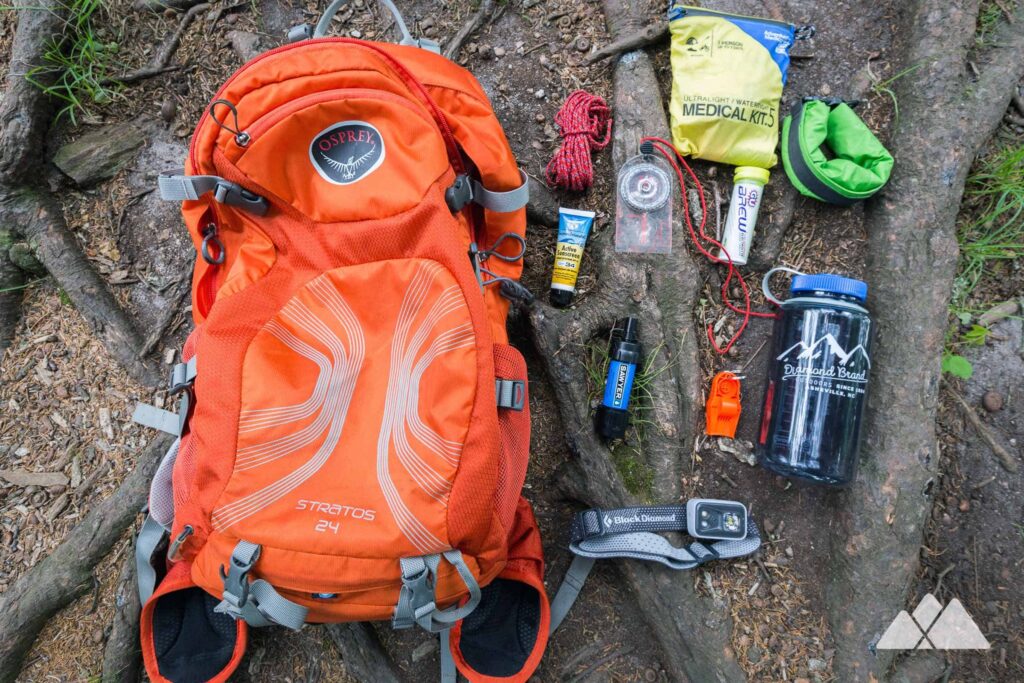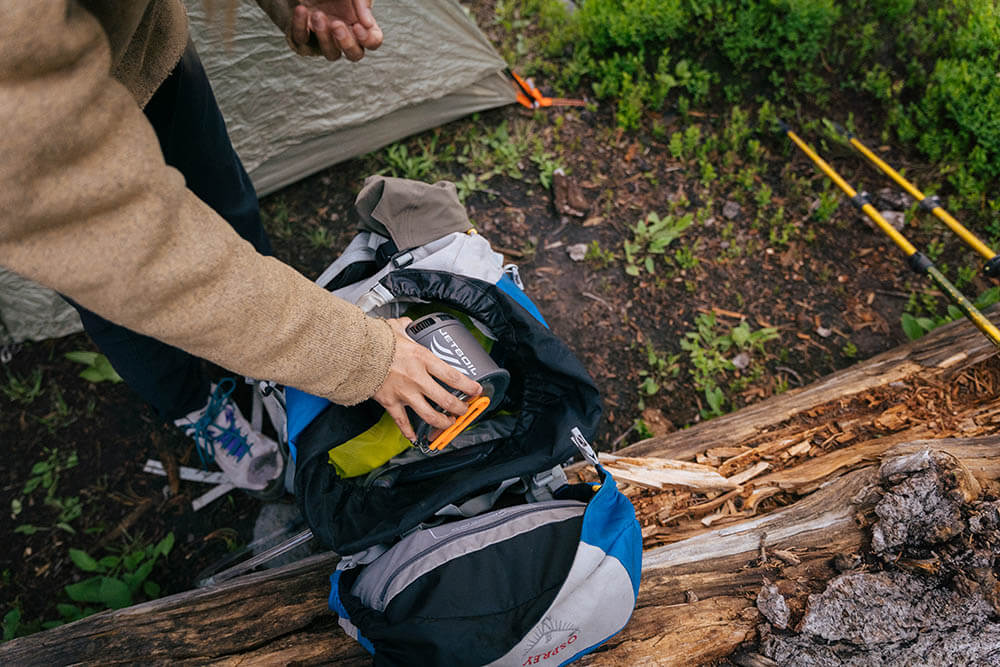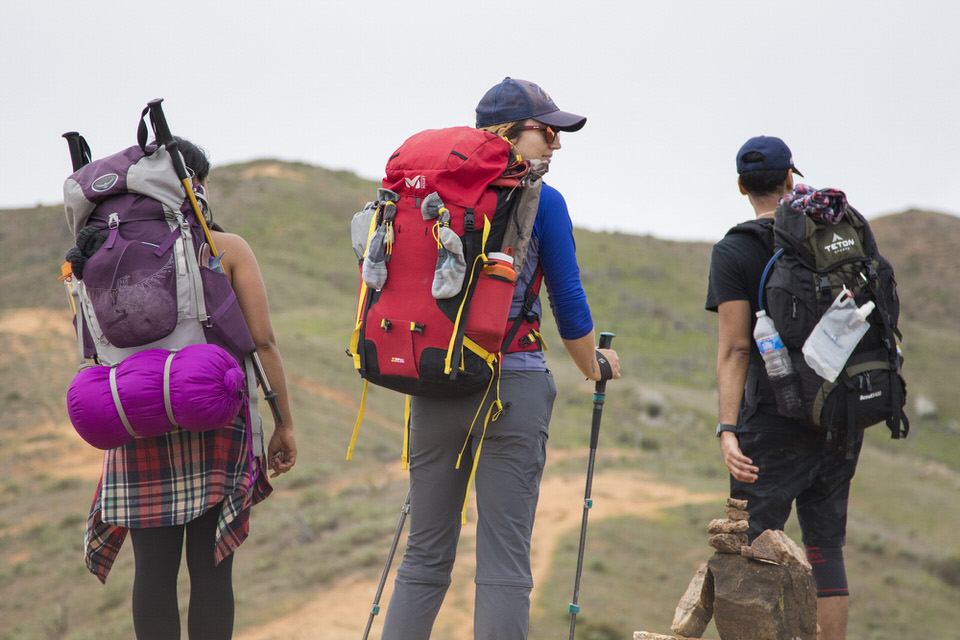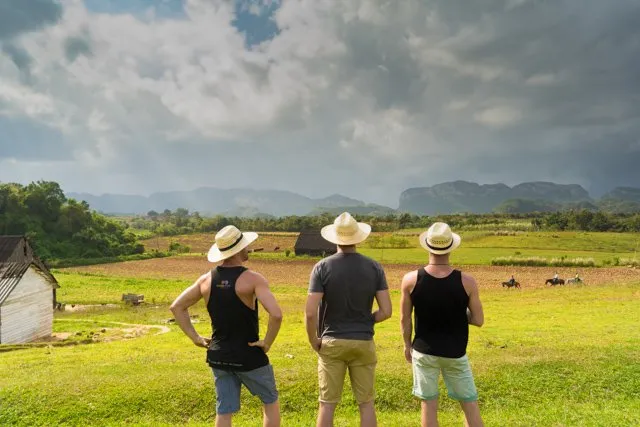Backpacking is a fun and exciting way to explore the great outdoors, but it can also be overwhelming for beginners. From choosing the right gear to planning your route, there are a lot of things to consider before hitting the trail. In this article, we will provide some helpful tips for backpacking for beginners.
Table of Contents
Start with a day hike
If you are new to backpacking, it’s a good idea to start with a day hike. This will give you a chance to get used to carrying a backpack and hiking on uneven terrain without the added challenge of camping overnight. Once you feel comfortable with day hikes, you can start planning your first overnight backpacking trip.
Choose the right gear

Choosing the right gear is essential for a successful backpacking trip. Make sure you have a backpack that fits well and is comfortable to carry. Look for a sleeping bag that is warm enough for the conditions you will be camping in and a tent that is lightweight and easy to set up. Other essential items include a stove, fuel, water filter, and appropriate clothing.
Plan your route
Before hitting the trail, it’s important to plan your route carefully. Consider the distance you will be hiking, the terrain, and any potential hazards, such as stream crossings or steep inclines. Make sure to obtain any necessary permits and familiarize yourself with the rules and regulations of the area you will be hiking in.
Learn basic navigation skills
Basic navigation skills are essential for backpacking. Make sure to bring a map and compass and know how to use them. GPS devices can also be helpful, but it’s important to have a backup plan in case the batteries die or the device malfunctions.
Practice Leave No Trace principles
As a backpacker, it’s important to practice Leave No Trace principles to minimize your impact on the environment. This includes packing out all trash and disposing of human waste properly. Make sure to camp in designated areas and avoid damaging vegetation or disturbing wildlife.
Pack smart

When packing for your backpacking trip, it’s important to pack smart. Pack only the essentials and avoid bringing unnecessary items that will add extra weight to your backpack. Remember that every pound counts when you are carrying it on your back for miles.
Stay hydrated
Staying hydrated is essential for backpacking. Make sure to bring enough water or a water filtration system to purify water along the trail. Drink water regularly, even if you don’t feel thirsty, to avoid dehydration.
Know your limits
When backpacking for beginners, it’s important to know your limits. Don’t push yourself too hard or take on a trail that is beyond your skill level. Start with shorter hikes and gradually work your way up to longer, more challenging routes.
Be prepared for emergencies
Despite careful planning, emergencies can happen while backpacking. Make sure to bring a first aid kit and know how to use it. Consider taking a wilderness first aid course to prepare yourself for potential emergencies.
Enjoy the experience
Backpacking can be a challenging and rewarding experience. Take the time to enjoy the scenery and appreciate the beauty of the great outdoors. Take photos, keep a journal, and make memories that will last a lifetime.
Backpacking for Beginners

Backpacking for beginners can be an intimidating experience, but with the right preparation and planning, it can also be a fun and rewarding way to explore the great outdoors. By starting with day hikes, choosing the right gear, planning your route, learning basic navigation skills, practicing Leave No Trace principles, packing smart, staying hydrated, knowing your limits, being prepared for emergencies, and enjoying the experience, you can have a successful backpacking trip. Remember to use common sense, take your time, and enjoy the journey.
Remember, backpacking is not just about reaching the destination but enjoying the journey as well. It’s about connecting with nature, experiencing new things, and pushing yourself to new limits. With these tips, you can feel confident and prepared for your first backpacking trip.
Backpacking for beginners requires a lot of planning and preparation, but the end result is well worth it. You get to experience the beauty of nature up close and personal, away from the hustle and bustle of everyday life. You can take the time to slow down and appreciate the simpler things in life, like a beautiful sunset or the sound of a babbling brook.
Conclusion
In conclusion, backpacking for beginners is an exciting and challenging way to explore the great outdoors. It requires careful planning, preparation, and a willingness to step outside your comfort zone. However, with the right gear, route planning, and basic navigation skills, you can have a safe and enjoyable trip. So why not grab your backpack, hit the trail, and experience the beauty of nature for yourself?




